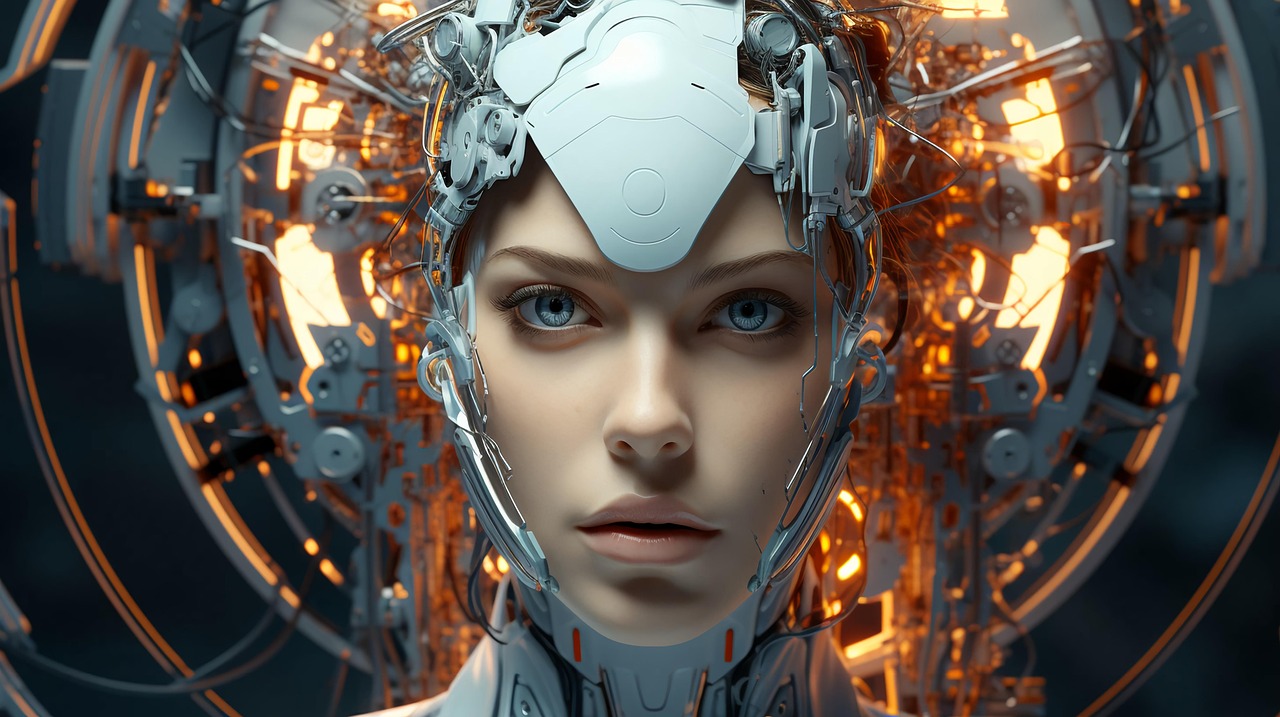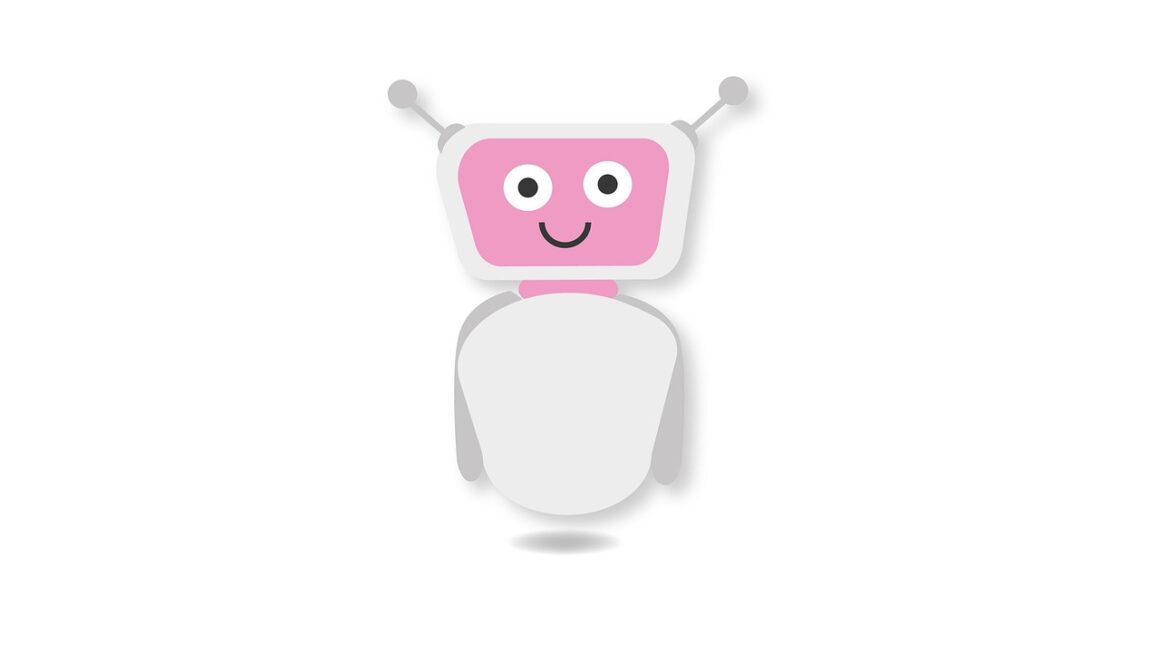The rise of Artificial Intelligence (AI) is no longer a futuristic fantasy; it’s a present-day reality transforming how we live, work, and interact with technology. From streamlining mundane tasks to unlocking unprecedented insights, AI-powered apps are revolutionizing industries and enriching our daily lives. This blog post dives deep into the world of AI-powered applications, exploring their capabilities, benefits, and the impact they are having on various sectors.
Understanding AI-Powered Apps
What Defines an AI-Powered App?
An AI-powered app leverages artificial intelligence techniques to perform tasks that typically require human intelligence. This includes:
- Machine Learning (ML): Algorithms that allow apps to learn from data without explicit programming.
- Natural Language Processing (NLP): Enabling apps to understand and respond to human language.
- Computer Vision: Empowering apps to “see” and interpret images or videos.
- Robotics: Allowing apps to control and coordinate robotic systems.
These technologies enable apps to automate processes, personalize user experiences, make predictions, and solve complex problems.
The Core Benefits of AI in Applications
Integrating AI into apps offers a plethora of advantages, including:
- Automation: Automating repetitive tasks, freeing up human workers for more strategic activities. Example: automated customer service chatbots.
- Personalization: Tailoring experiences to individual user preferences, enhancing engagement and satisfaction. Example: personalized product recommendations on e-commerce platforms.
- Enhanced Decision-Making: Providing data-driven insights to support better and faster decisions. Example: AI-powered financial analysis tools.
- Improved Efficiency: Optimizing processes and resource allocation, leading to significant cost savings. Example: AI-powered supply chain management systems.
- Proactive Problem Solving: Identifying potential issues before they escalate, minimizing risks and downtime. Example: predictive maintenance in manufacturing.
AI in Everyday Life: Practical Applications
AI-Powered Productivity Tools
AI is revolutionizing how we work, offering intelligent solutions to boost productivity and efficiency:
- Smart Email Assistants: Automatically prioritize emails, schedule meetings, and suggest responses. Examples: Gmail’s Smart Compose and Smart Reply.
- AI-Driven Note-Taking Apps: Transcribe audio recordings, summarize notes, and organize information intelligently. Example: Otter.ai.
- Intelligent Calendar Management: Optimize schedules, predict potential conflicts, and suggest optimal meeting times. Example: Google Calendar’s smart scheduling features.
- Project Management Software: Predict project completion times, identify potential roadblocks, and allocate resources efficiently. Example: Asana and Monday.com integrating AI features.
AI in Healthcare: Transforming Patient Care
The healthcare industry is witnessing a monumental shift with the integration of AI:
- Diagnosis and Treatment: AI algorithms analyze medical images, patient records, and research data to assist in diagnosing diseases and recommending treatment plans. Example: AI-powered diagnostic tools for detecting cancer.
- Drug Discovery: AI accelerates the drug discovery process by identifying potential drug candidates and predicting their efficacy. Example: AI algorithms used in COVID-19 vaccine development.
- Personalized Medicine: Tailoring treatment plans based on individual patient characteristics and genetic information. Example: Using AI to predict a patient’s response to different medications.
- Remote Patient Monitoring: AI-powered wearables and sensors monitor patients’ vital signs and alert healthcare providers to potential issues. Example: Smartwatches that detect irregular heart rhythms.
AI in Entertainment: Enhancing User Experience
AI is transforming how we consume and interact with entertainment:
- Personalized Recommendations: Suggesting movies, music, and TV shows based on user preferences and viewing history. Example: Netflix’s recommendation algorithm.
- AI-Generated Content: Creating music, art, and even scripts using AI algorithms. Example: AI-composed music platforms.
- Enhanced Gaming Experiences: Creating more realistic and immersive gaming environments with intelligent NPCs and adaptive gameplay. Example: AI-powered enemies in video games that learn player behavior.
- Content Moderation: Automating the process of identifying and removing inappropriate content from online platforms. Example: AI-powered systems that detect hate speech on social media.
Building Your Own AI-Powered App
Choosing the Right AI Technology
Selecting the appropriate AI technology is crucial for successful app development:
- Identify the Problem: Clearly define the problem you want to solve with AI.
- Data Availability: Determine if you have sufficient data to train your AI model.
- Technology Stack: Choose the right AI frameworks and libraries, such as TensorFlow, PyTorch, or scikit-learn.
- Cloud Platforms: Leverage cloud platforms like AWS, Google Cloud, or Azure for AI development and deployment. These offer pre-trained models and services that significantly accelerate development.
Key Considerations for AI App Development
- Data Quality: High-quality data is essential for training accurate and reliable AI models. Data cleaning and pre-processing are crucial steps.
- Model Training: Training AI models requires significant computational resources and expertise. Experiment with different algorithms and hyperparameters to optimize performance.
- Ethical Considerations: Address potential biases in your data and ensure fairness and transparency in your AI models.
- User Experience (UX): Design a user-friendly interface that effectively communicates the AI’s capabilities and limitations.
The Future of AI-Powered Applications
Emerging Trends and Innovations
The field of AI is constantly evolving, with new technologies and applications emerging at a rapid pace:
- Edge AI: Running AI models on devices rather than in the cloud, enabling faster response times and improved privacy. Example: AI-powered facial recognition on smartphones.
- Explainable AI (XAI): Developing AI models that can explain their decisions, increasing trust and transparency.
- Generative AI: Creating new content, such as images, text, and code, using AI algorithms. Example: AI-powered image generators.
- AI-powered automation: Automating increasingly complex tasks across various industries.
The Impact on Industries and Society
AI-powered apps have the potential to revolutionize numerous industries and significantly impact society:
- Increased Automation: Leading to greater efficiency and productivity, but also raising concerns about job displacement.
- Personalized Experiences: Enhancing customer satisfaction and engagement, but also raising concerns about data privacy.
- Improved Healthcare: Leading to better diagnoses, treatments, and patient outcomes.
- Smarter Cities: Optimizing resource allocation, improving public safety, and enhancing the quality of life for citizens.
Conclusion
AI-powered apps are rapidly changing the technological landscape, offering immense opportunities to improve our lives and transform industries. By understanding the core principles, benefits, and potential applications of AI, we can harness its power to create innovative solutions and build a better future. As AI technology continues to evolve, it is crucial to address ethical considerations and ensure that AI is used responsibly and for the benefit of all. Embrace the power of AI, and unlock the potential for a smarter, more efficient, and more personalized world.




